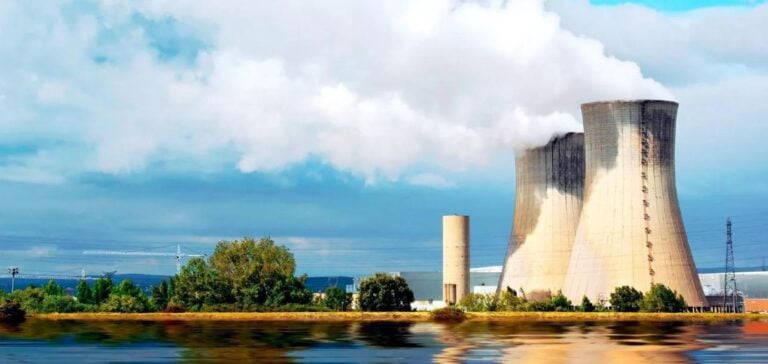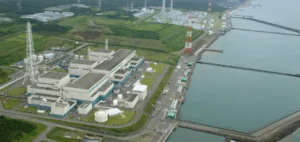Alfeor, a new equipment supplier to the nuclear industry, has finalized the acquisition of two strategic companies: Traitements de Surface et Mécanique (TSM) and Les Ateliers de la Meuse (ALM). These acquisitions are in line with Alfeor’s strategy of strengthening its technological skills and broadening its range of services in demanding sectors such as nuclear power, aeronautics and defense.
TSM: Expertise in Surface Treatments
Founded in 1972, TSM has established itself as a specialist in surface treatments and associated mechanical operations. The company masters innovative processes such as electrolysis and thermal spraying, offering protection against wear and corrosion. In addition to its expertise in precision machining, TSM devotes a third of its business to the nuclear sector, serving major customers such as EDF and Framatome.
ALM: Leader in Boilermaking and Large-Scale Machining
Les Ateliers de la Meuse, founded nearly two centuries ago, is renowned for its expertise in boiler making and large-scale machining. The company is a key player in the manufacture of packaging for spent nuclear fuel, notably for the Orano group. ALM also produces mechanically welded parts for the medical and energy sectors, consolidating its reputation beyond France’s borders.
Objectives and Impact of Acquisitions
These acquisitions enable Alfeor to combine complementary skills and develop a first-rate industrial offering. The integration of TSM and ALM brings strategic know-how in surface treatment, boiler making and machining, strengthening Alfeor’s ability to meet the needs of the French and European nuclear industry.
Contributing to Energy Sovereignty
Arnaud Montebourg, Chairman of Alfeor, underlines the importance of these acquisitions for energy sovereignty and reindustrialization in France and Europe. Antoine Auber, Managing Director of TSM, expresses his enthusiasm about the integration of TSM into Alfeor, seeing new opportunities for the company and its teams. Grégoire Metz, Managing Director of ALM, stresses the importance of this partnership in enabling us to assume new commercial ambitions, particularly in the service of the European nuclear industry.
Long-term commitment
François Durvye, Managing Director of Otium Capital, Alfeor’s financial partner, reiterates his long-term commitment to the future of the French nuclear industry. He sees these acquisitions as a strategic pillar for promoting a sovereign, robust and innovative industry in France. Alfeor’s acquisitions of TSM and ALM strengthen the French nuclear industry by integrating advanced technological skills and broadening its service offering.






















